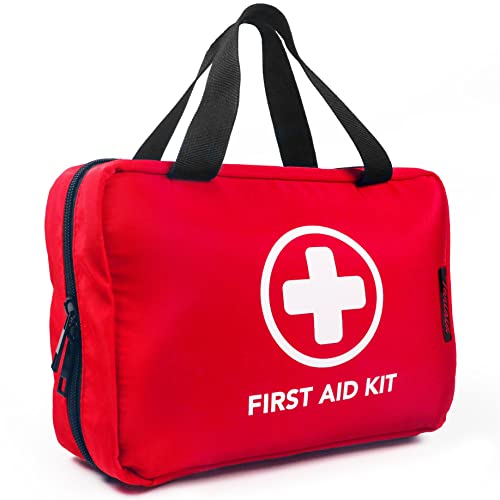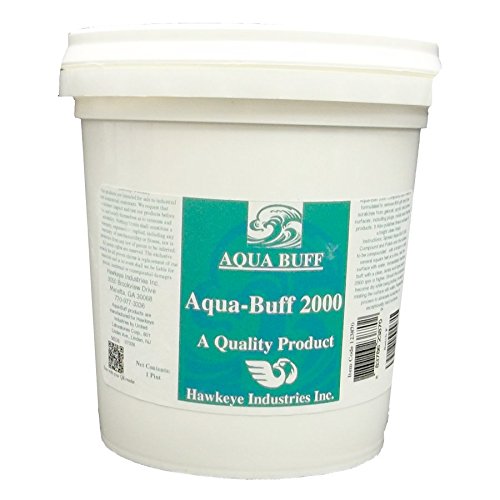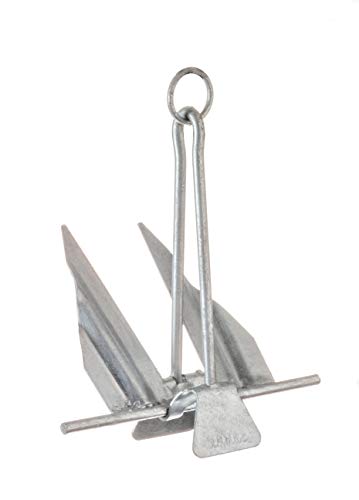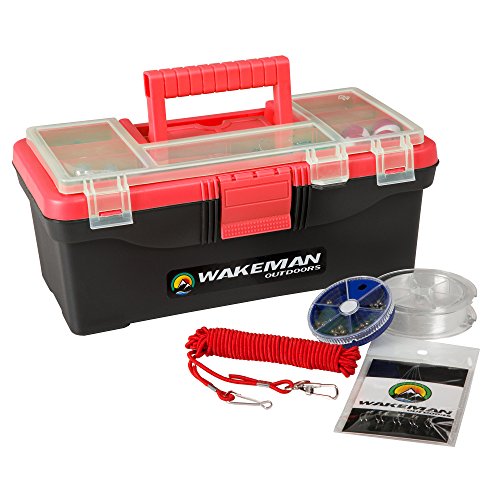Deadmeat
Well-known member
I'm in the final stages of doing some boat mods and had a senior moment yesterday. I ran 6-gauge wire from the trolling motor on the deck to the rear of the boat and had some left over. I measured where the battery was going to go and cut the positive wire to length. Then I decided to re-route the wire to a more protected area. Big mistake. Now it's about a foot too short but it's already been cut and I need to splice in a piece of 6-gauge wire to get it to the positive terminal. I made a run to Home Depot and Lowe's but couldn't find anything to make the splice. I couldn't find any butt connectors that were big enough. Yes, I could go back to my original plan and have enough to do the job but I'd rather not if I can find a way to make this work. Can anyone out there tell me how to make the splice?

























































